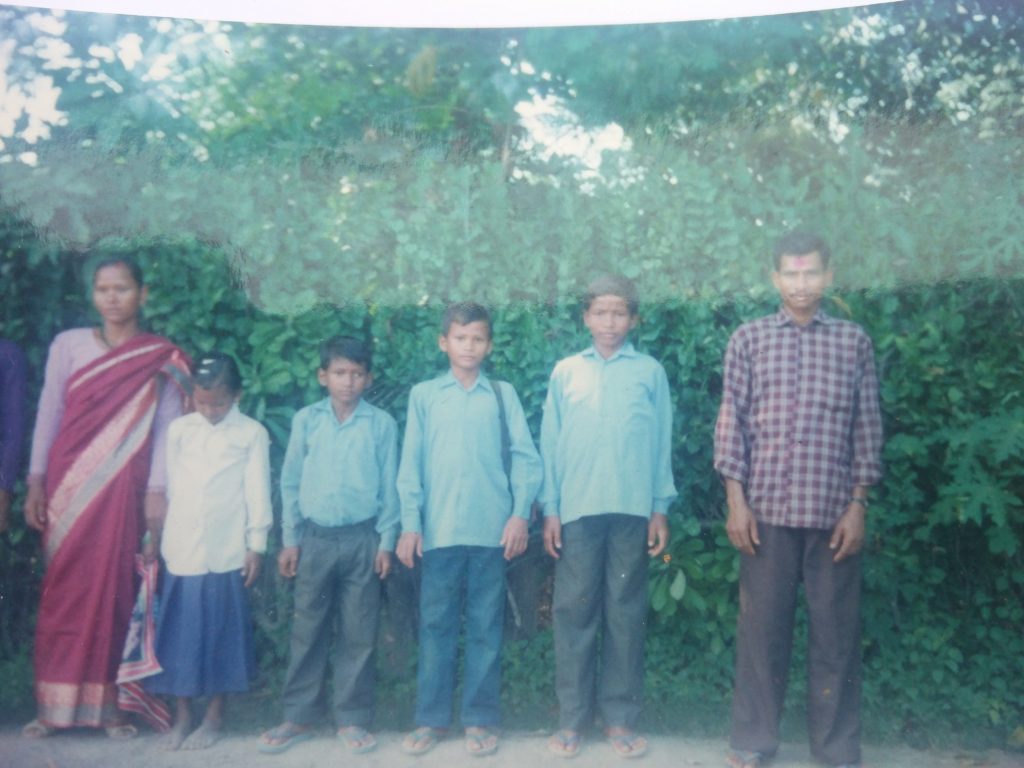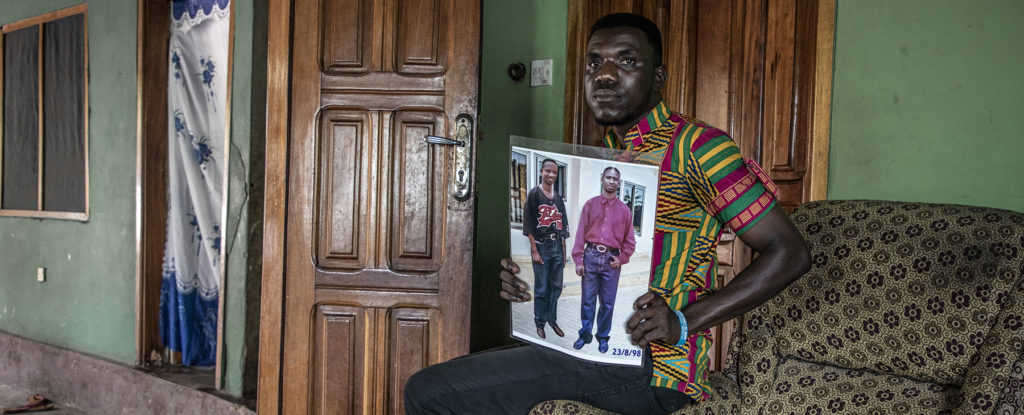Mexico must put an end to extrajudicial executions of migrants
TRIAL calls on Mexico to investigate the massacres of migrants and to guarantee access to justice for the relatives
According to Mexico’s National Human Rights Commission, 170 migrants have been killed in the country since 2005, including the massive murder of 72 migrants in August 2013 in San Fernando, Tamaulipas. There seems to be a link between the murder of migrants, organized crime and the complicity of the police and other authorities. Migrant shelters have been the object of multiple attacks by the organized crime and have received insufficient measures of protection by the government. Migrants are afraid to take their cases before the police and there is a state of chronic impunity.
“Migrants in transit through Mexico continue being victims of extortion, enforced disappearances, kidnapping, theft, threats and arbitrary executions. Only in the second half of 2013, one association documented 110 attacks to migrants with no articulated response from the Mexican authorities“, says Gabriella Citroni, TRIAL’s Senior Legal Advisor.
In view of the forthcoming publication of the report on his mission to Mexico, TRIAL together with nine local associations submitted additional information to the UN Special Rapporteur on Extrajudicial, Summary or Arbitrary Executions mainly focusing on arbitrary executions of migrant people.
The organizations subscribing the report share the view previously expressed by the Special Rapporteur that migrants are a group particularly vulnerable to executions. They have also identified several issues of concern that they consider should be taken up by the Special Rapporteur in his forthcoming final report, among them the need for the government of Mexico to:
- ensure that cases of executions are investigated and that those responsible are identified, prosecuted and sanctioned
- establish a unified register of persons victims of enforced disappearance ensuring that enforced disappearance of migrants is documented and its transnational dimension is taken into account
- establish mechanisms for searching disappeared persons that are effective and conceived with a transnational scope
- facilitate access to justice for survivors of executions, their relatives and witnesses, in particular in the case of migrants
- ensure that they are protected from violence, threats of violence or any other form of intimidation
- establish measures with a transnational scope for the identification of mortal remains of disappeared migrant persons and ensure they are transferred to their respective countries.
Mass graves along the “migrant route”
Mass graves have been found in the cities lying along the “migrant route” since 2010 and increasingly during 2013. While the graves contain the human remains of nationals and foreigners, the majority of those identified belong to migrants in transit to the United States and respond to the massive hijacking of buses whose passengers were executed.
“There is no denying that there has been participation, direct or as omission of State agents and public servants in the commission of these crimes. The strong ties between authorities and the organized crime facilitates the total impunity that exists with regard the crimes committee against migrants” adds Gabriella Citroni.
The Special Rapporteur will publish its final report on its mission to Mexico and present it to the UN Human Rights Council in 2014. The Special Rapporteur will take into account information provided to him by organizations of the civil society to compile its report.
Background
From 22 April to 2 May 2013, the Special Rapporteur on Extrajudicial, Summary or Arbitrary Executions carried out his mission to Mexico. In his preliminary observations the Special Rapporteur referred to migrants as a group particularly vulnerable to executions and denounced the numerous deficiencies in investigating the massacre of migrants as well as the chronic impunity for the perpetrators.The associations submitting the report welcome these observations. However, persuaded that there are a number of other matters related to migrant persons victims of executions and their families that should be duly mentioned in the Special Rapporteur’s final report -to be presented to the Human Rights Council in 2014- the associations take the opportunity to present this further document to the Special Rapporteur, containing updated information and additional data.
- read TRIAL report (in Spanish)
- read TRIAL executive summary (in English)








